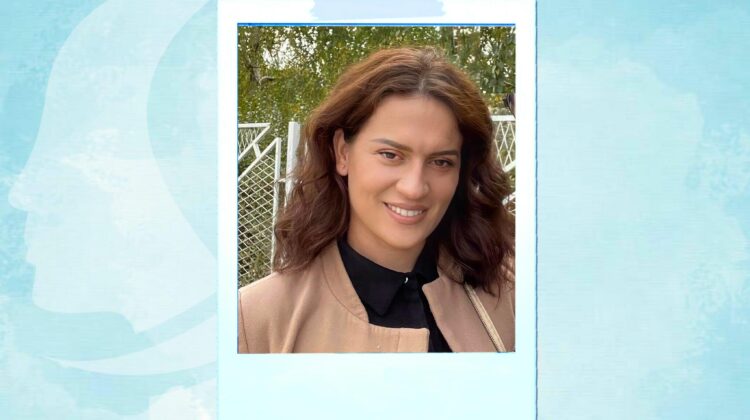Through strategic investments in the potential of the youngsters, empowering women, and fostering civic engagement, Mitrovica would lay the groundwork for a future, characterized by resilience and dynamism.


Through strategic investments in the potential of the youngsters, empowering women, and fostering civic engagement, Mitrovica would lay the groundwork for a future, characterized by resilience and dynamism.

The young citizens of Mitrovica, through their active engagement in these areas, are not just connecting with each other; they are laying the foundation for a united and vibrant community.

They want to show that they don’t hesitate at all to make rock music together, just like the old generations of this city full of culture used to do, bringing together everyone who understands that peace is the only way forward.

The story of Mitrovica’s youth is an inspiring one, but it is not unique. Youth-led movements for peace are gaining momentum worldwide. From climate activism to social justice movements, young people are proving that they are not just the leaders of tomorrow; they are the leaders of today.

“Justification for the Association, as a platform anticipating the enhancement of the rights of the Kosovo Serb community and interests, has been misleading.”

“In order to be engaged, to participate, to have their voice heard, young people must be informed and educated to recognize possible impacts to the environment and organized to raise the awareness and influence the decisions.”

“Dealing with the past is the other side of the same coin of sustainable peace and reconciliation. I believe that the young people should not carry the weight of the past upon their shoulders. The weight which divides them and projects them as adversaries. In the contrary much effort should be placed at empowering them in promoting reconciliation, in building bridges between the societies and communities torn by the war.”

“The non-governmental sector in Kosovo since after the war has had and continues to have a pro-active role in seeking the truth, focusing not only on its research, but also on building cooperation, promoting interethnic and institutional dialogue and creating lasting peace in the country, fostering discussion and response to war crimes and the role that the community plays in uncovering the truth, its de facto acceptance as a key to interethnic and interstate cooperation in building peace and democracy in general.”

“This approach would create the preconditions for the future normalization of relations between the communities themselves, but also send a clear signal of lasting commitment that reconciliation can and must occur exclusively through a form of direct dialogue, based on tolerance and mutual respect.”

“If reconciliation is not a problem, who will reconcile? What is there to be hidden? Nothing I would answer. If reconciliation is not mentioned as a problem, then the problem does not exist. We all would want to know the truth, and by knowing the truth and speak openly of it, consequently, the chances of reconciliation would improve.”